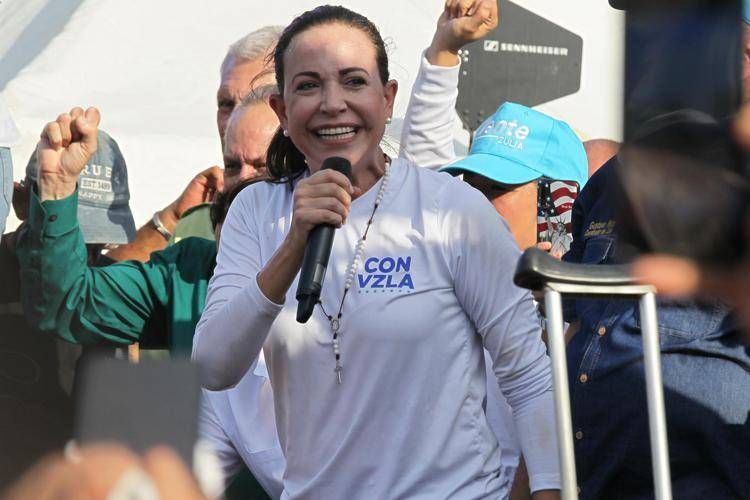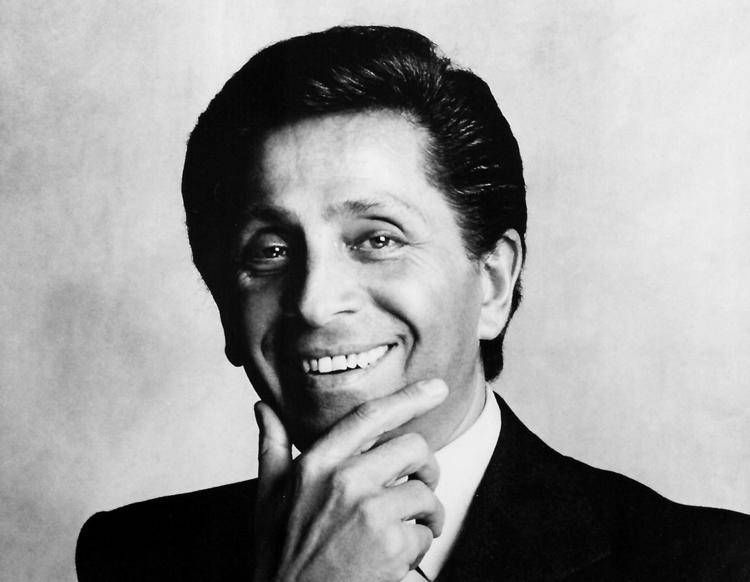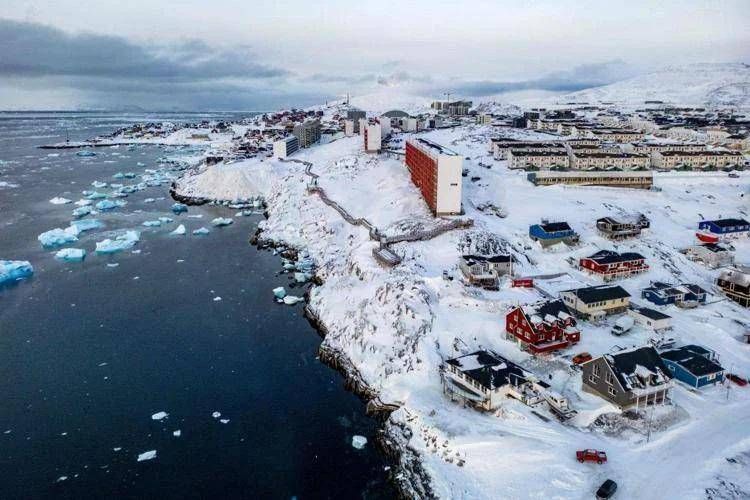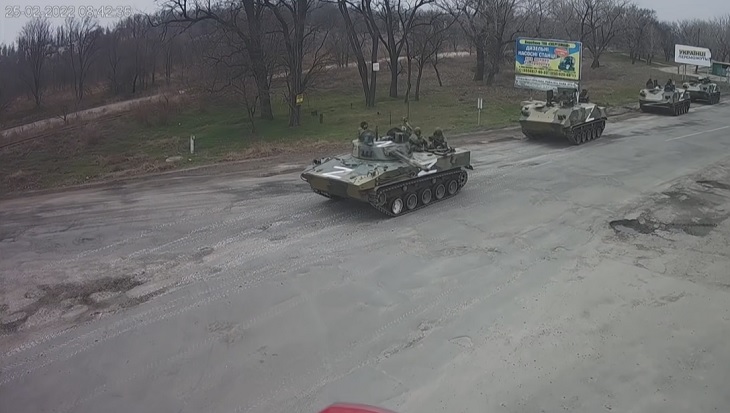
Peace in Ukraine, between propaganda and interests: who really dictates the terms?
-


Alberto Trentini e Mario Burlò sono in Italia dopo la liberazione VIDEO
-
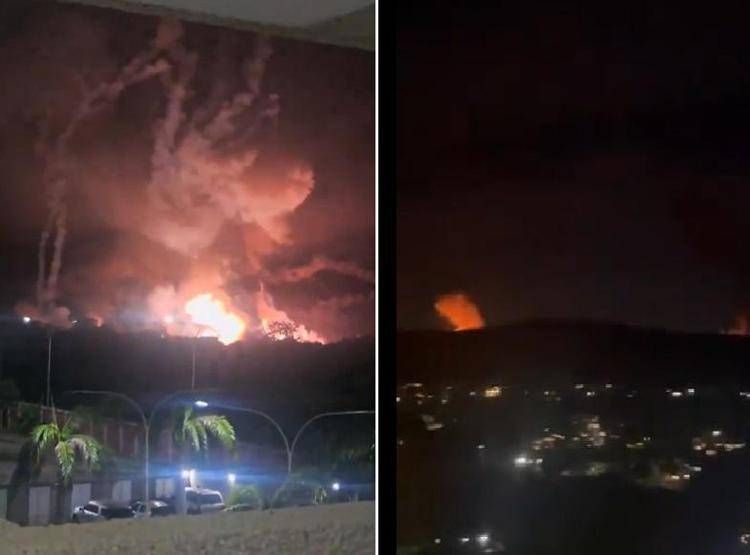

Overnight explosions in Caracas hit military area, widespread power outages reported VIDEO
-


Attacco Usa in Nigeria contro l’Isis, Trump: “Risposta al massacro di cristiani” VIDEO
-
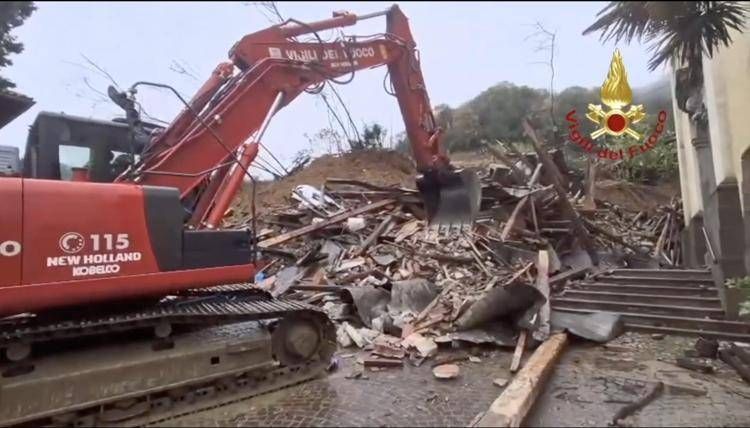

Frana a Cormons: disperso un giovane e un’anziana sotto le macerie VIDEO
Lavrov and Witkoff revive opposing views on the conflict. But behind the statements, the risk is that the real stakes are Kiev’s surrender
Between Sergei Lavrov’s statements and those of US special envoy Steve Witkoff, an increasingly central question looms large: who is really negotiating for peace in Ukraine, and with what objectives? The answer, for now, appears buried under a blanket of propaganda, geopolitical calculations and diverging interests. And in this scenario, the hypothesis of a real ceasefire remains more a tool of pressure than a concrete prospect.
The Russian foreign minister was clear: ‘No agreement reached with the United States on the key parameters of the conflict’. A statement that at least partially unmasks the optimism built around the recent talks between Moscow and Washington. Its position, on balance, is functional to gaining time and ground on the ground: the offensives on Sumy and other fronts are tangible proof of this. Dialogue, yes, but while bombing continues.
In parallel, Lavrov frontally attacks Europe, accusing it of supporting a ‘Nazi regime’ in Ukraine and of wanting to perpetuate a war against Russia. Words that are no longer surprising, but which are part of a systematically overturned narrative, where Kiev is the aggressor and Moscow the victim. The aim is clear: to delegitimise the European role in the negotiations and isolate Brussels from the real decision-making tables.
And this is precisely where Steve Witkoff, the American representative who, in diametrically opposed tones, spoke of ‘convincing’ talks with Vladimir Putin and of a possible agreement based on the recognition of ‘five territories’, enters the scene. His statement is not only ambiguous: it is also politically sensitive. The regions alluded to – Crimea, Donetsk, Luhansk, Zaporizhia and Kherson – are exactly those that Moscow claims as its own. If it is on this ground that is being discussed, the agreement risks being a formalisation of Russian achievements, not a just peace.
It is here that the role of the United States becomes complicated. Witkoff’s optimistic narrative also serves Donald Trump, who aims to take credit for a possible end to the conflict, fuelling the belief that only with him at the helm can the war end. But at what price? If the American drive is geared towards a truce that satisfies Moscow in order to cash in on a political result, the risk is that it will be Kiev itself that pays, forced into a surrender disguised as a compromise.
In between, Europe continues to support Ukrainian resistance, as reiterated by President Ursula von der Leyen, but appears increasingly marginal in the actual negotiations. While the missiles continue to strike and the front lines remain unstable, the crucial question remains: would a ceasefire imposed without guarantees for Ukraine’s independence and security really be peace?
Or, as many fear, just a pause before the next assault?
THE LATEST NEWS
(Source and photo: © AndKronos)
-
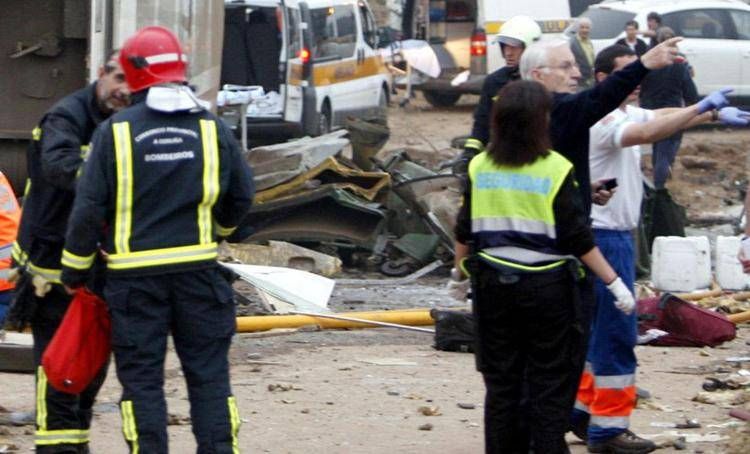
 World14 ore ago
World14 ore agoDeragliamento treni ad Adamuz: sale a 39 numero dei morti in Andalusia
-

 Meteo14 ore ago
Meteo14 ore agoMaltempo in Italia: allerta rossa in Sardegna, vento e piogge al Sud
-

 Primo Piano13 ore ago
Primo Piano13 ore agoDonald Trump reagisce come un bambino per il Nobel mancato
-
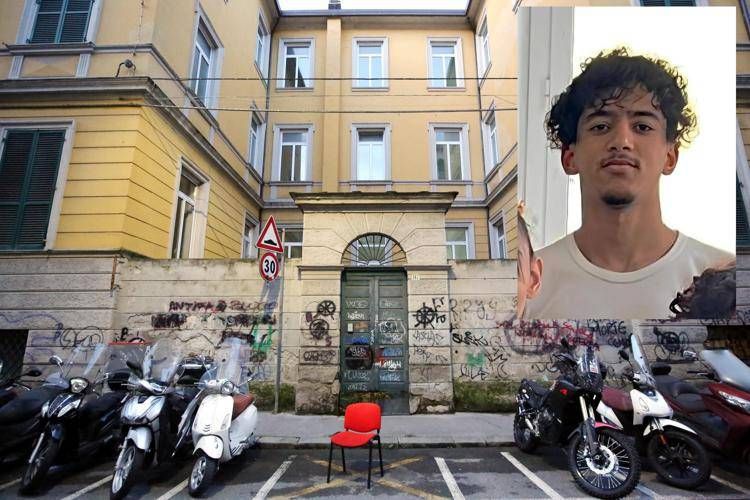
 News13 ore ago
News13 ore agoInterrogatorio di garanzia oggi per il 19enne accusato dell’omicidio a La Spezia


